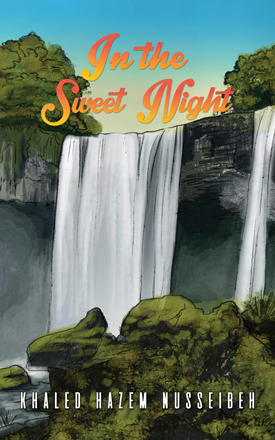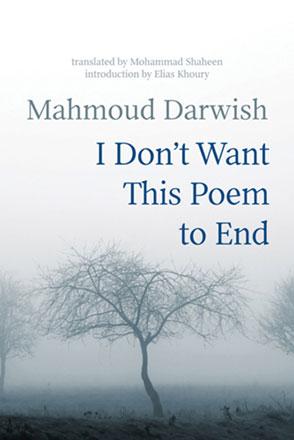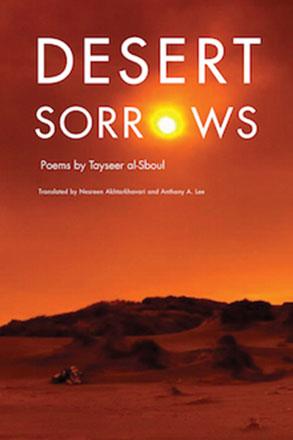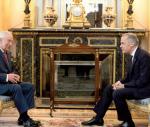You are here
Book Review: Life is a moving shadow
By Sally Bland - Oct 02,2022 - Last updated at Oct 02,2022

In the Sweet Night
Khaled Hazem Nusseibeh
Khaled Nusseibeh, the author of this poetry collection, is acutely aware of the precariousness of human life on this earth, but equally convinced of the power of faith to enable oneto overcome its perils and disappointments. Still, like most, he finds it difficult to accept the passing of a beloved one, as expressed in the lead-off poem, titled “In the Sweet Night”, which gives the book its name. Nonetheless, he opines: “Life, friend, is a moving shadow/A fleeting moment to be transiently lived.” (p. 49)
The topics addressed in this volume are wide-ranging: From the mundane to the sublime, from the contemporary to the perennial. One poem describes Nusseibeh’s Sweifieh office, another, a tennis match, still a third, a rainy day in Amman, while others address the weighty topics of Heaven and Hell, repentance and salvation, in the firm conviction: “That the Great God created life for a purpose” and death, which comes to all without exception, is “but a veil that hides continuing life”. (pp. 32 and 59)
There are poems describing the effects of the world crises of COVID-19 and climate change. Dreams, childhood memories, random impressions, friends and family also find a place in the poet’s musings, which sometimes revolve around duality as he explores various perspectives on the phenomena he chooses to address: “A rainy day may be variously perceived/a time of hardship or the prelude to abundance.” (p. 22)
Second only to religious faith is Nusseibeh’s dedication to the tightly-knit family, whether his own wife and children or other relatives, and he is quick to point out the existence in his family of “the great roots of Jerusalem and Nablus/and likewise those of great Syria in a celebration of Jordan’s rich diversity”. (p. 29)
A number of poems reflect Nusseibeh’s distress at the state of the world today, the “scourge of war, exile, famine and pestilence”. (p. 26) Some of these poems seem to directly target the Palestinian situation,particularly the ongoing Israeli bombardment of Gaza, but could refer to other instances of human misery as well, where one finds “the essentials of decent and secure life/Constantly interrupted by the hurling of fire/Randomly ravaging the school, the clinic, the makeshift tent”. (p. 61)
Palestinian resistance is also celebrated as in a poem about hunger-striking heroes that reads: “The jail cell verily cannot alter the essential truth/of unjust dispossession and occupation... The will to be shall overcome/the forces of defeat and surrender.” (p. 30-31)
The references to suffering could apply as well to many conflicts raging in the world today. In such poems, the poet notes that things could improve radically if only love, sharing and freedom were nurtured instead of war and poverty. Empires have their expiration date, as he reminds, “Have not all empires witnessed the vanishing moment/the inescapable tryst of bidding glory farewell?” (p. 36)
Still, Nusseibeh finds reasons for hope and has a unique way of expressing the relationship between the oppressor and the oppressed: “Let’s hope together for a better morrow/when the mighty could, unperturbed, look into the child’s eyes.” (p. 62)
“In the Sweet Night” is available at Amazon.
Related Articles
Why? A Book of ThoughtsKhaled NusseibehAmman: Ministry of Culture, 2016Pp.
I Don’t Want This Poem to EndMahmoud DarwishTranslated by Mohammad Shaheen US: Interlink Books, 2017Pp.
Desert SorrowsTayseer al-SboulTranslated by Nesreen Akhtarkhavari and Anthony A. LeeEast Lansing: Michigan State University Press, 2015Pp.
















